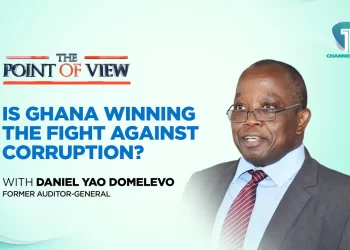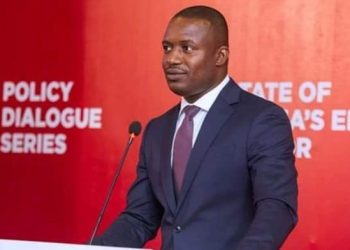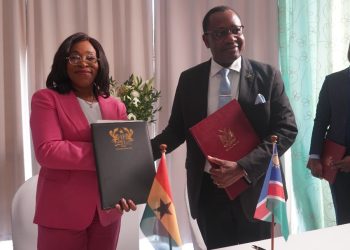A environmental movement, 350 Ghana Reducing Our Carbon hosted a renewable energy program “Artivism” at the Anyaa Cluster of schools as part of their ongoing renewable energy for schools initiative.
The National Coordinator of the 350GROC, Portia Adu-Mensah addressing over 500 participants explained that this forms part of the group’s “Artivism” initiative, which uses creative and artistic methods to raise awareness about climate change and renewable energy.
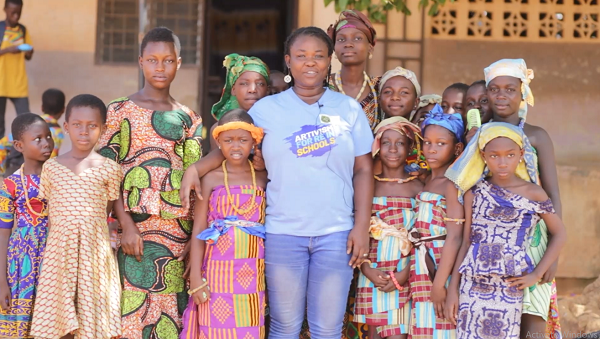
The group while commemorating the African Union Day showcased findings of a research conducted by 350 Africa on renewable energy advocacy, focusing on the role of local civil society organizations and policies in promoting renewable energy adoption.
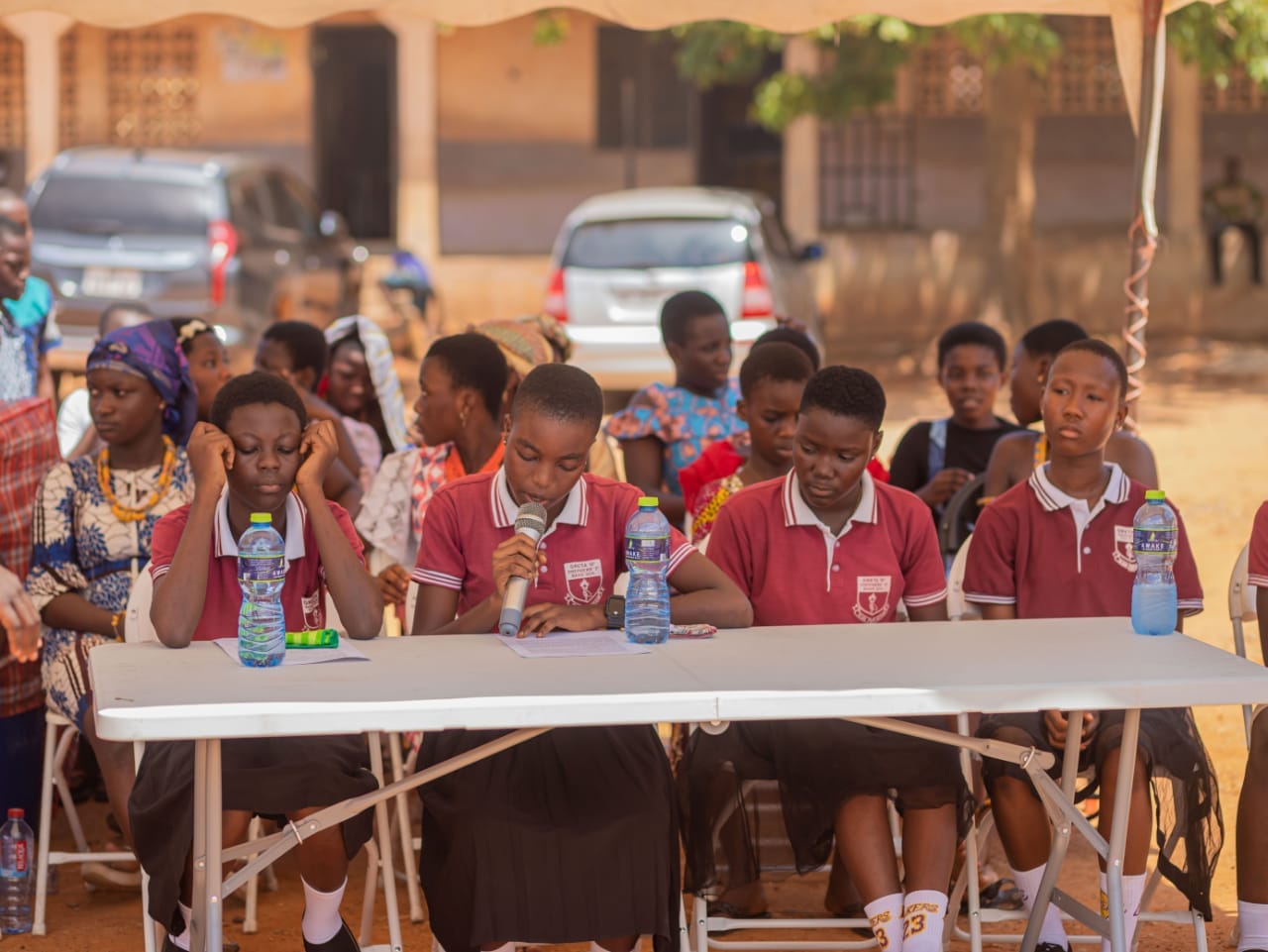
The research was on the theme “Renewable Energy Advocacy: An analysis of policies and role of local civil society organizations in boosting renewable energy uptake; A Case Study of Benin, Ghana, Nigeria and Togo.”
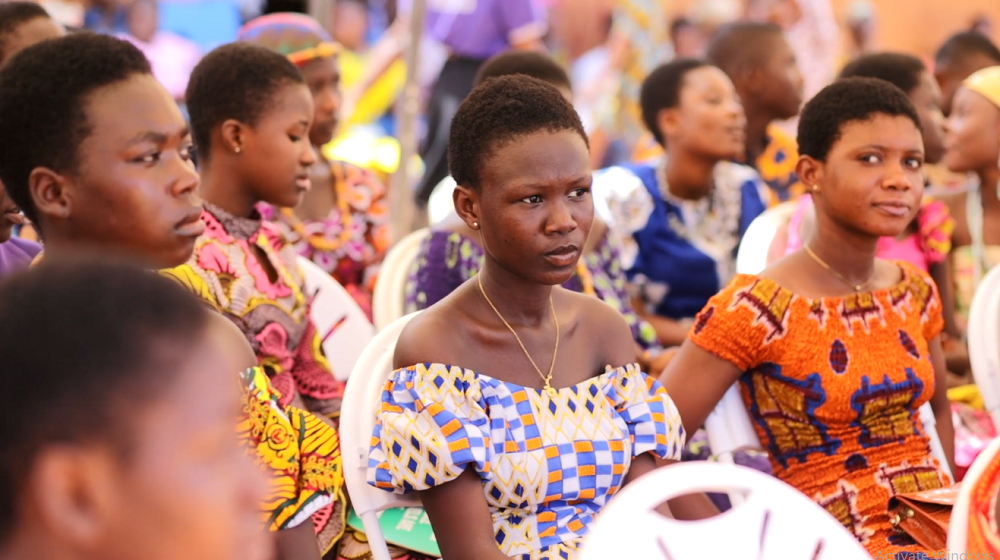
Mrs Adu-Mensah further stated that this provided the group and children “an opportunity to showcase the beautiful culture of Ghana while debating on renewable energy”.
Also, “we were able to showcase how we can use renewable energy and the ideas that we have”, she added.
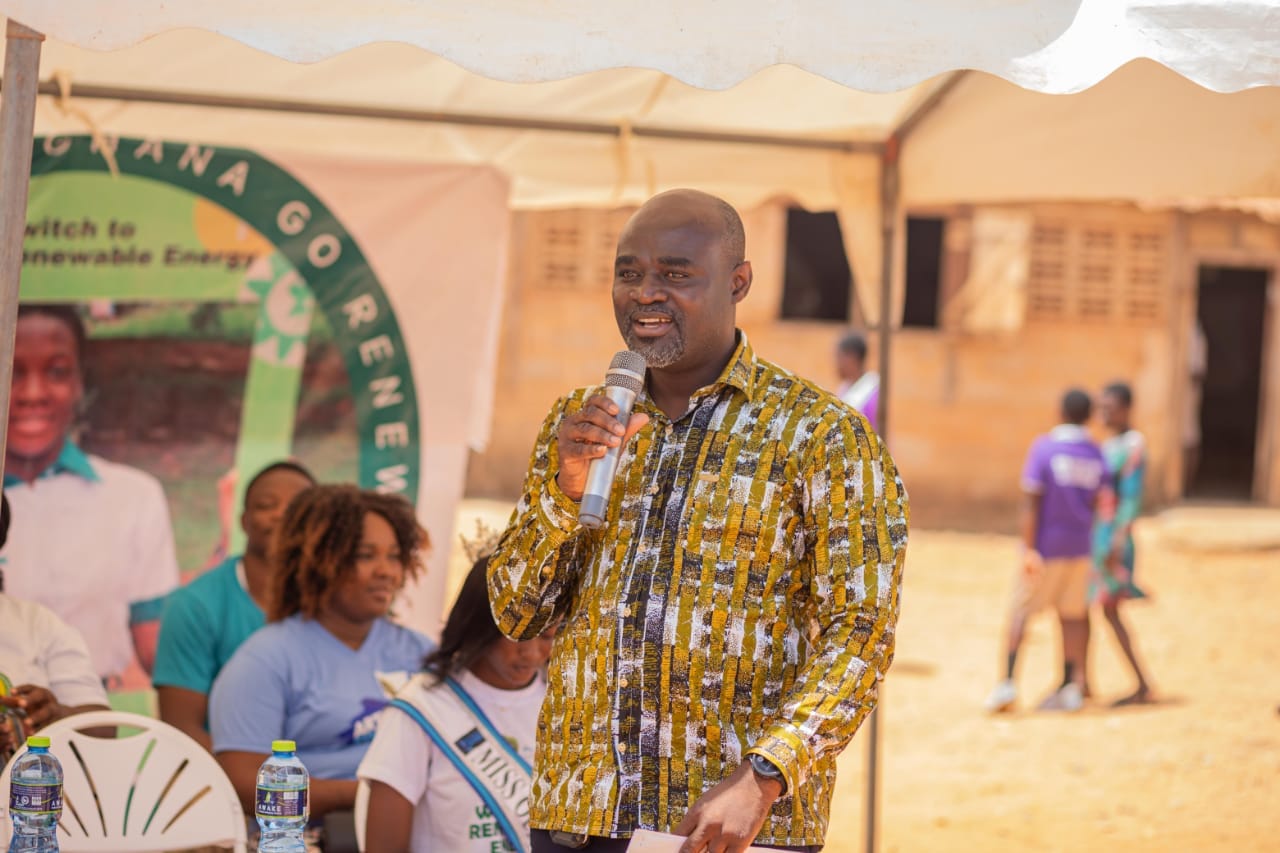
The Senior Manager in-charge of Renewable Energy at Energy Commission, Mr. Julius Nkansah Nyarko, commended the group’s efforts in promoting renewable energy, particularly within educational institutions, and discussed the Energy Commission’s role in advocating for renewable energy policies.
He emphasized the alignment between the objectives of 350 Ghana Reducing Our Carbon and Ghana’s Renewable Energy Act, which was passed in 2001 to encourage the development and utilization of renewable energy resources and technologies.
As part of its mandate, the Energy Commission provides guidance to stakeholders, including the Ghana Education Service (GES), to implement measures that promote renewable energy.
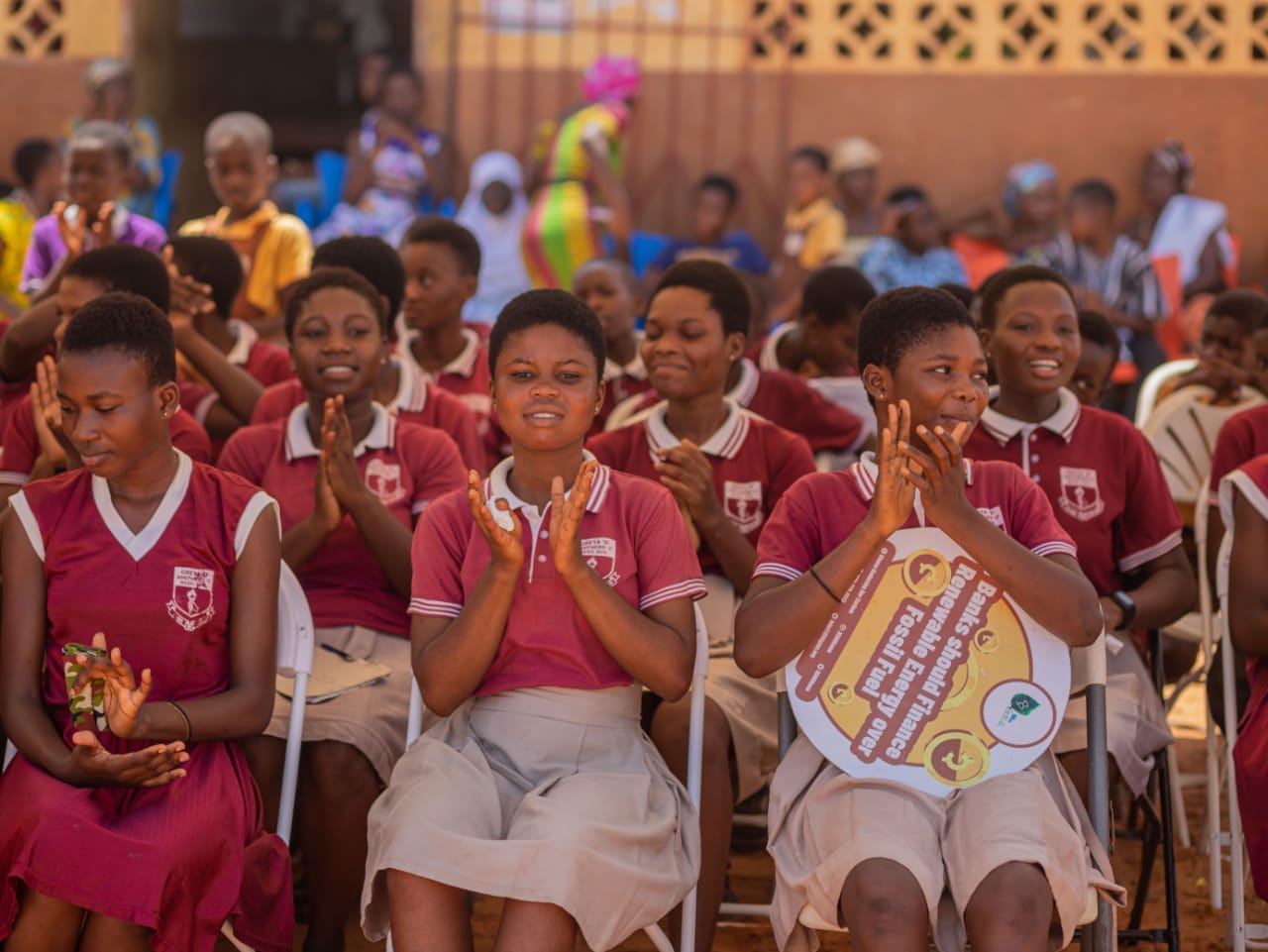
Mr. Nyarko revealed that the Energy Commission, in collaboration with the GES, has developed a curriculum focused on renewable energy, pending its implementation.
“The introduction of this curriculum is expected to foster energy efficiency as an integral part of the next generation’s culture”, he said.
Stating some program and initiatives by the Energy Commission, he announced the establishment of the Ghana Renewable Energy Fair, “an annual event that brings together stakeholders from the renewable energy sector to discuss advancements and strategies for reducing carbon dioxide emissions.”
He added that the commission’s efforts to engage students in renewable energy through innovation led to an “already initiated a renewable energy challenge for secondary schools; providing students with the opportunity to contribute to renewable energy promotion”.
Encouraged by its success, he pledged that the Energy Commission would consider implementing a similar challenge for basic schools, thus extending the participation to a wider student population.
In attendance were the leaders of civil society organizations, the Energy Commission and the Head of the School Improvement Support Office, Anyaa circuit.








